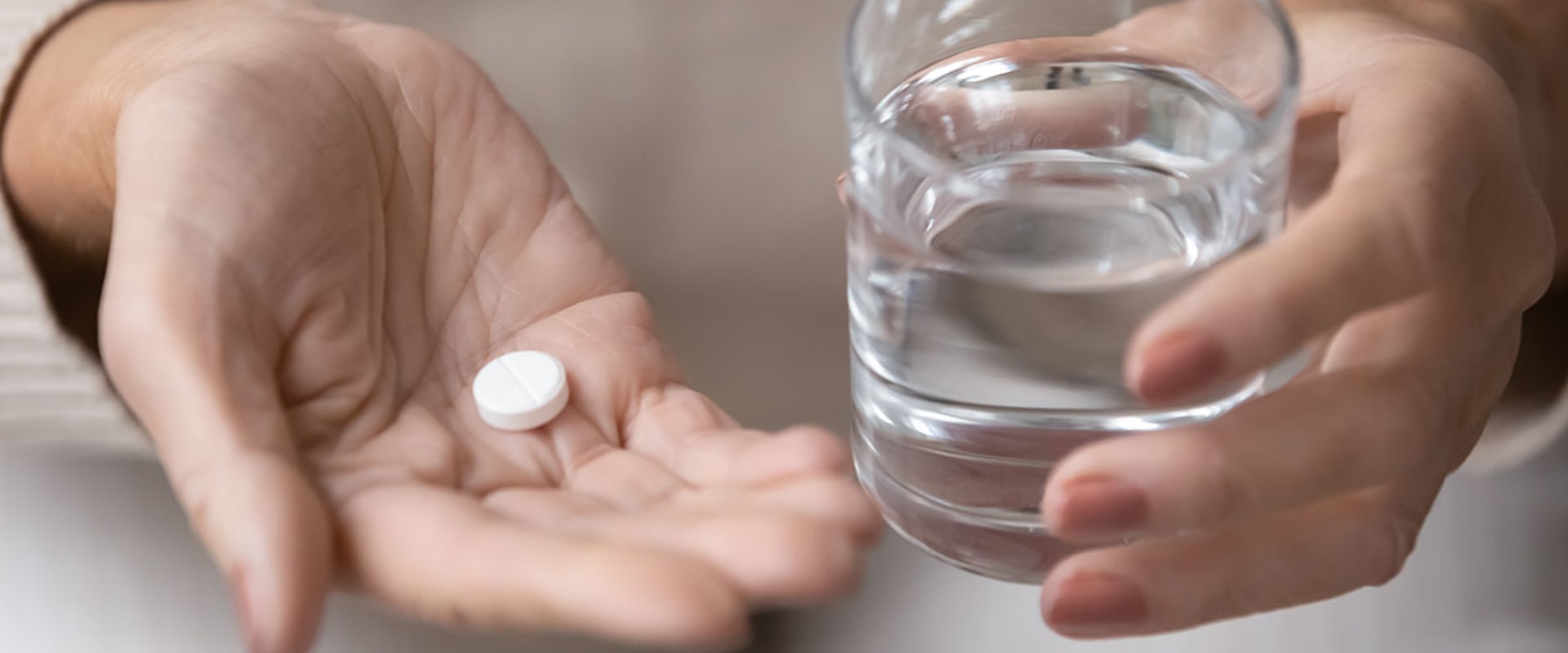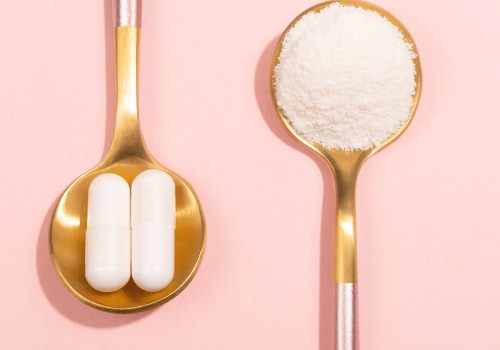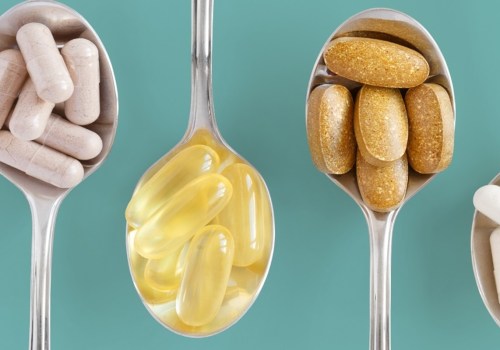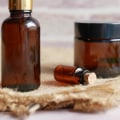As we age, our bodies naturally produce less collagen, which is essential for healthy skin, bones, and connective tissues. This can lead to wrinkles, sagging skin, and other signs of aging. Fortunately, there are dietary supplements that can help reduce the signs of aging and support overall health. At ZOE, we conducted the largest nutritional study in the world, with data on 15,000 people so far.
Our research shows that eating the right foods for you is one of the best ways to support your metabolic health at any age. Older adults often don't get enough vitamin B12 and folic acid, which can increase the risk of heart disease. Vitamin D deficiency is also common in older people and may be related to decreased brain function. Taking collagen supplements may help reduce some signs of skin aging.
Green blends are powders that can be added to juices or milkshakes and are generally high in antioxidants, which can help protect cells against damage and disease as you age. Animal and laboratory studies have shown that circumin supplements may delay cognitive decline in older adults. Amino acids are the building blocks of proteins and support many functions in the body. Coenzyme Q10 (CoQ) is an antioxidant compound that is normally found in cholesterol molecules and on the outer walls of cells.
Probiotics or a combination of probiotics and prebiotics have been shown to improve health in people aged 60 and older. Collagen is essential for healthy skin, bones, and connective tissues. It is sold as a supplement in the form of tablets and capsules. Whey protein is easily available and easy to incorporate into your best anti-aging supplement package.
Cold-processed, undenatured, grass-fed whey protein should be used at 2 tablespoons per day or up to 4 if you are exercising. When it comes to dietary restrictions when taking anti-aging supplements, it's important to note that dietary supplements can have unwanted side effects, such as unsafe interactions with prescription drugs. A diet high in lectin was restricted for patients taking anti-aging supplements; this included grains, beans, fruits, poultry, and plants belonging to the Solanaceae family. At the same time, patients consumed plenty of leafy green vegetables, seafood and fish, olive oil, and grass-fed animal proteins.
In conclusion, there are many dietary supplements that can help reduce the signs of aging and support overall health. Collagen protein has too many benefits to keep it out of your anti-aging supplement stack. However, it's important to note that dietary supplements can have unwanted side effects.







